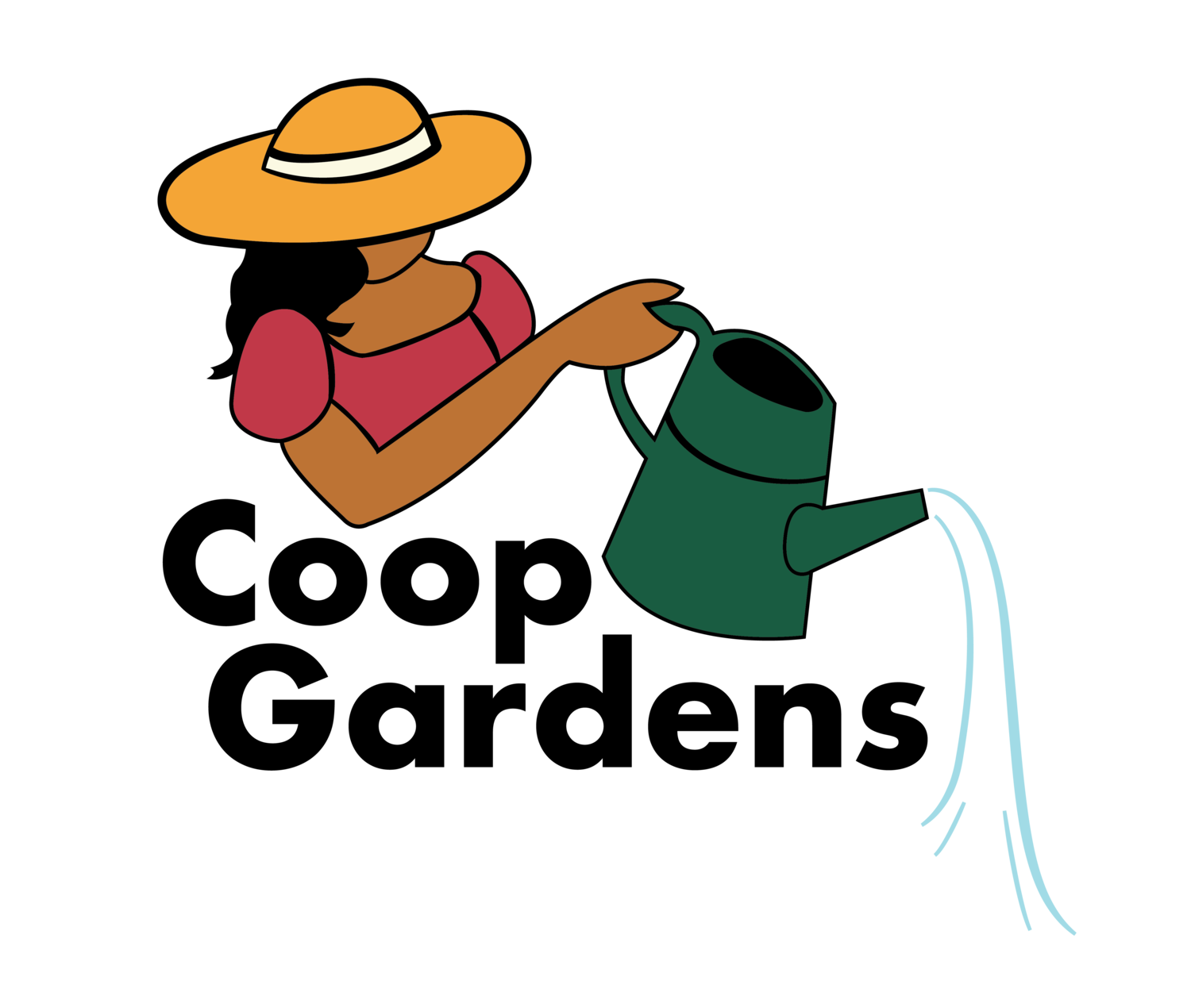Health & Safety Guidelines
The novel coronavirus (SARS-CoV-2) and the COVID-19 disease it causes are deadly serious. You should only consider sharing gardening resources with your neighbors, or gardening or farming with other people, if you take every precaution recommended by experts to keep yourself safe and to prevent transmission of this virus. Most importantly: PRACTICE SOCIAL DISTANCING!
This virus is very easy to transmit to others. It can survive on surfaces for up to 72 hours (or even longer). It can travel through the air in invisible droplets for 6 or even 10 feet (or farther in the wind). Many individuals infected with the virus show no symptoms, but can still easily transmit it to other people, so no matter where you live on this planet, it is only safe to assume that anyone — including you — may be infected.
Farmers, gardeners and volunteers involved with this project must follow these guidelines for growing food and sharing resources with other people:
If you are sick or have ANY symptoms of COVID-19 (cough, fever, diarrhea, shortness of breath, OR reduced sense of smell/taste) or you have been in contact with someone who is, or has recently been, sick:
Do not work with other people.
Self-quarantine for 14 days if you believe you have been exposed to someone who may have been exposed.
Self-quarantine for 14 days after your symptoms subside.
Wear a mask or bandana over your mouth and nose if you must go out in public.
Do your best to reduce contact with those in your household when you or they are sick, following these CDC guidelines.
Call your doctor or local authorities if you are sick enough that you believe that you need treatment (many emergency rooms are reducing services provided for non-emergency “routine sick” care, so call before you go to the hospital).
Even if you are not sick, or do not believe you have been exposed to the virus, you must still assume you are an asymptomatic carrier (meaning you could be spreading the virus while showing no symptoms). Given this assumption, everyone should practice the following guidelines when sharing any kind of object — seeds, tools, documents, etc:
Wash your hands (for 20 seconds or longer with soap and water) before touching any item you plan to give to another person, and after touching any item you receive from another person.
Sanitize any object (package, tool handle, etc) received from another person using household bleach or minimum 70% alcohol.
Use contact-free means to pass objects (seeds, tools, paper documents, etc) from person to person, such as leaving objects in a mailbox or on a porch. If an object received from another cannot be sanitized, put it somewhere it can be left for at least 3 days and then wash your hands before doing anything else.
Seeds or other supplies should be packed in paper, not plastic, whenever possible (since the virus survives longer on plastic).
When working in a garden with any other people:
Wash your hands with soap and water before you arrive and when you get home.
Set up a simple but effective hand-washing station, and/or carry a ziplock bag with very soapy water inside so you can wash your hands wherever you are.
Consider using disposable gloves (but remember that once they come in contact with the virus they may easily spread it to everything they touch).
Wear a mask or bandana if other people are working nearby.
Do not touch your face. If you do, wash your hands again.
If you need to cough or sneeze, do so into a tissue or your shirtsleeve — and remember that the virus may now be on the tissue or your sleeve.
Always stay at least 6 feet from any other person.
Sanitize any shared tools or equipment, including hand tools, hose nozzles, gate latches, wheelbarrow handles, etc., before and after each use (using sanitizing wipes, bleach, or minimum 70% alcohol), or — whenever possible — do not share tools.
Keep gardens closed to the public when no one is there to ensure health & safety compliance.
Wash all produce before consumption.
Remove clothes and wash immediately upon going indoors after being outside among other people, especially if you’ve taken public transportation.
Go home immediately if you start to feel sick, have a fever, or are coughing or sneezing.
Wash your hands again.
One of the best current clearinghouses for health & safety information for food growers — including how to build your own handwashing station and OSHA’s Guidance on Preparing Workplaces for COVID-19 — is this webpage put together by Rutgers University aimed at farmers. Anyone growing food for other people should study it. Also, please regularly check the Centers for Disease Control’s frequently updated Public Health Recommendations for Community-Related Exposure.
And please also learn about and follow all current official mandates in your state and municipality designed to stop the spread of COVID-19. Each state and municipality has its own rules regarding social distancing, essential services, and stay-at-home orders. It is your responsibility to know and follow them.

